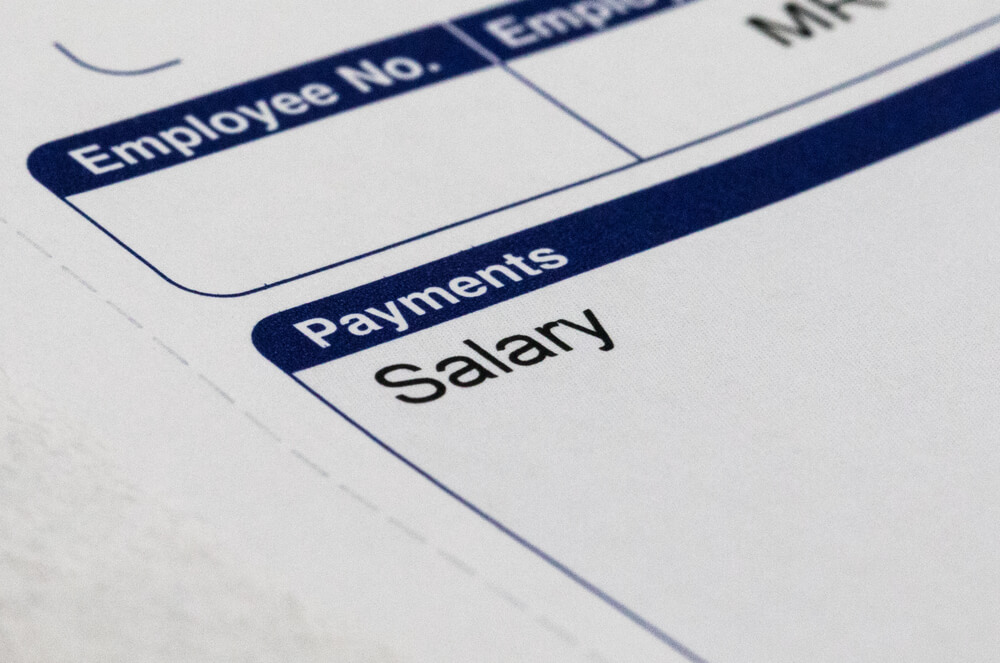
Wage arrestment, also known as earnings arrestment, is a legal process that allows creditors to recover unpaid debts from a debtor’s wages. It is a common debt recovery method in Scotland.
If you are living and working in Scotland and you have unpaid debts, it is important to understand how wage arrestment works, what your rights are, and what steps you can take to deal with it.
In this article, we will explain everything you need to know about wage arrestment in Scotland, including how it works, what types of debts can be recovered, and how you can challenge it.
What is wage arrestment?
Wage arrestment is a legal process that allows a creditor to recover unpaid debts from a debtor’s wages. It is a form of arrestment, which is a legal process that allows a creditor to freeze a debtor’s assets. Wage arrestment is a type of arrestment that specifically targets a debtor’s earnings.
How does wage arrestment work in Scotland?
In Scotland, wage arrestment is governed by the Debtors (Scotland) Act 1987. Under this legislation, a creditor can obtain a wage arrestment order (WAO) from the court. A WAO allows the creditor to instruct the debtor’s employer to deduct a specified amount from the debtor’s wages each pay period and pay it directly to the creditor.
Once a WAO has been granted, the creditor must serve a copy of the order on the debtor’s employer. The employer is then legally required to deduct the specified amount from the debtor’s wages and pay it directly to the creditor. The debtor’s employer may charge an administrative fee for each deduction.
What types of debts can be recovered through wage arrestment?
Wage arrestment can be used to recover a wide range of debts, including:
- Council tax arrears
- Rent arrears
- Credit card debts
- Personal loans
- Overdrafts
- Utility bills
- Court fines
- Child maintenance payments
- HMRC debts
How much can be deducted from your wages through wage arrestment?
In Scotland, there are limits to the amount that can be deducted from your wages through wage arrestment. The amount that can be deducted depends on how much you earn.
If you earn less than £529.90 per week, the maximum amount that can be deducted is 19% of your net weekly earnings. If you earn between £529.90 and £962.04 per week, the maximum amount that can be deducted is 19% of your net weekly earnings up to £529.90, plus 23% of your net weekly earnings over £529.90.
If you earn over £962.04 per week, the maximum amount that can be deducted is 50% of your net weekly earnings over £962.04, plus 19% of your net weekly earnings between £529.90 and £962.04, plus 23% of your net weekly earnings up to £529.90.
It is important to note that if you have more than one creditor with a wage arrestment order against you, the total amount that can be deducted from your wages is still subject to these limits.
Can you challenge a wage arrestment?
If you have been subject to a wage arrestment in Scotland, there are several steps you can take to challenge it.
Firstly, you can challenge the debt itself. If you believe that the debt is not yours or that you have already paid it, you can dispute it with the creditor. If the creditor does not agree with your dispute, you can take the matter to court.
Secondly, you can challenge the wage arrestment itself. You can apply to the court to have the wage arrestment order recalled or amended if you believe that it is causing you undue hardship.
For example, if the amount being deducted is leaving you with an unreasonably low level of income to cover your basic living expenses, you can ask the court to reduce the amount being deducted.
To challenge a wage arrestment, you will need to fill out a form called a ‘Time to Pay/Recall of Wage Arrestment Application’. You can get this form from the Scottish Courts and Tribunals website.
You will need to provide details of your income and expenses, as well as any other debts you have. You will also need to explain why you believe the wage arrestment is causing you undue hardship.
Once you have submitted the form, the court will consider your application and may hold a hearing to decide whether to recall or amend the wage arrestment order.
What are your rights as a debtor?
If you are subject to a wage arrestment in Scotland, you have several rights as a debtor. These include:
- The right to receive a copy of the wage arrestment order and a statement of your earnings from your employer.
- The right to challenge the debt and the wage arrestment order if you believe that they are incorrect or causing you undue hardship.
- The right to apply to have the wage arrestment order recalled or amended if you are experiencing financial difficulties.
- The right to be protected from dismissal or other disciplinary action by your employer because of a wage arrestment order.
- The right to seek advice and support from debt advice charities and organisations.
- It is important to remember that wage arrestment is a serious matter and can have significant consequences for your financial wellbeing. If you are struggling with debt, it is important to seek help as soon as possible to avoid the need for wage arrestment.
Conclusion
Wage arrestment is a common debt recovery method in Scotland. It allows creditors to recover unpaid debts from a debtor’s wages. If you are subject to a wage arrestment, it is important to understand your rights as a debtor and what steps you can take to challenge it.
You can challenge the debt itself, as well as the wage arrestment order if you believe that it is causing you undue hardship. If you are struggling with debt, it is important to seek help from debt advice charities and organisations to avoid the need for wage arrestment.





